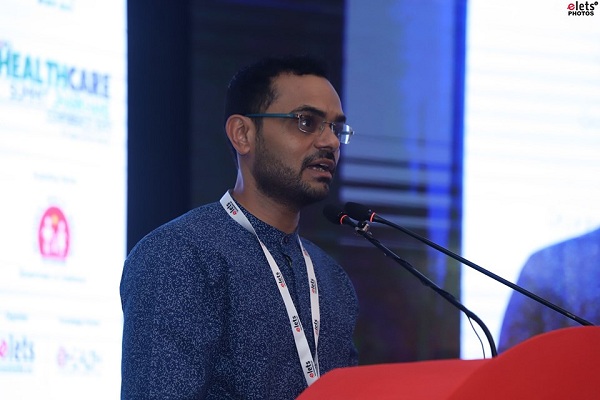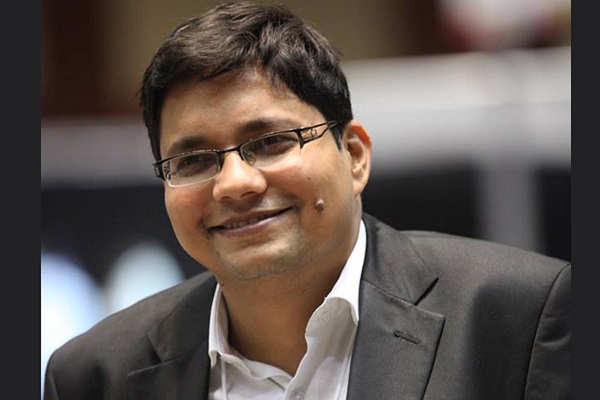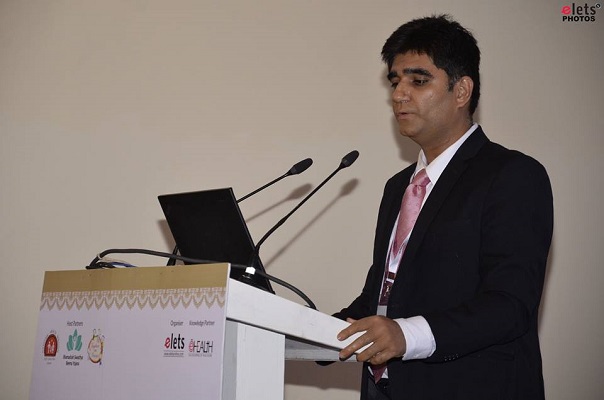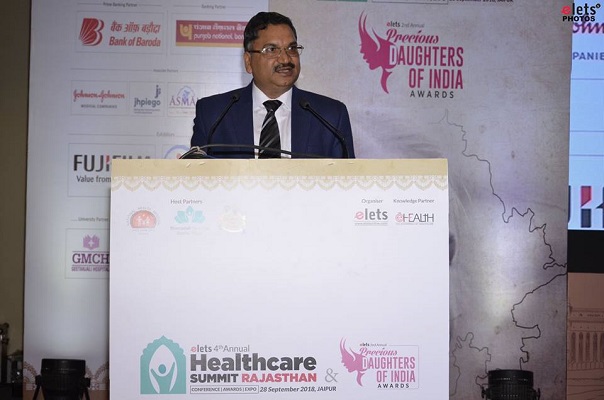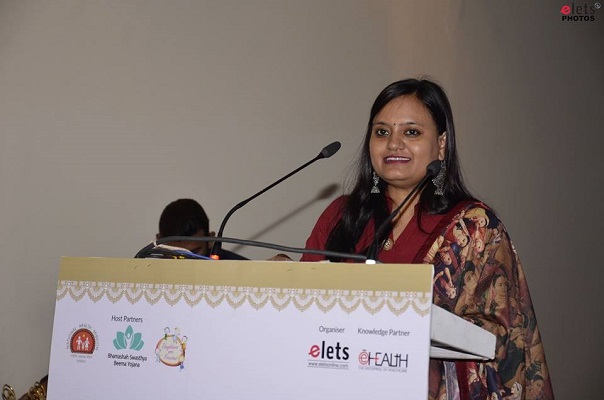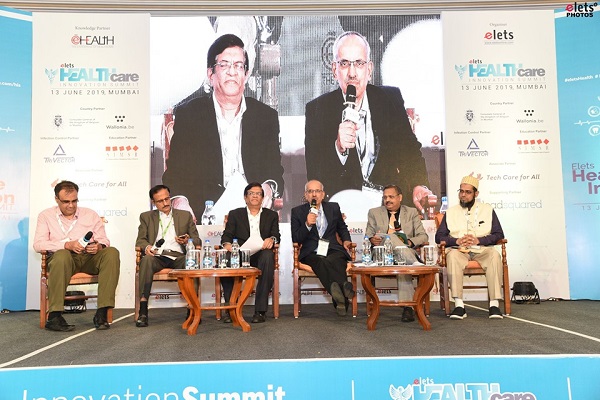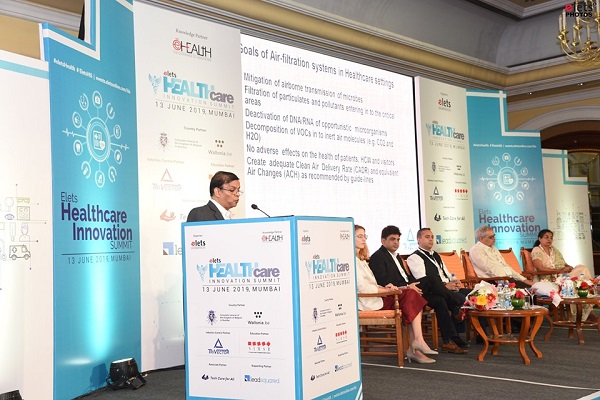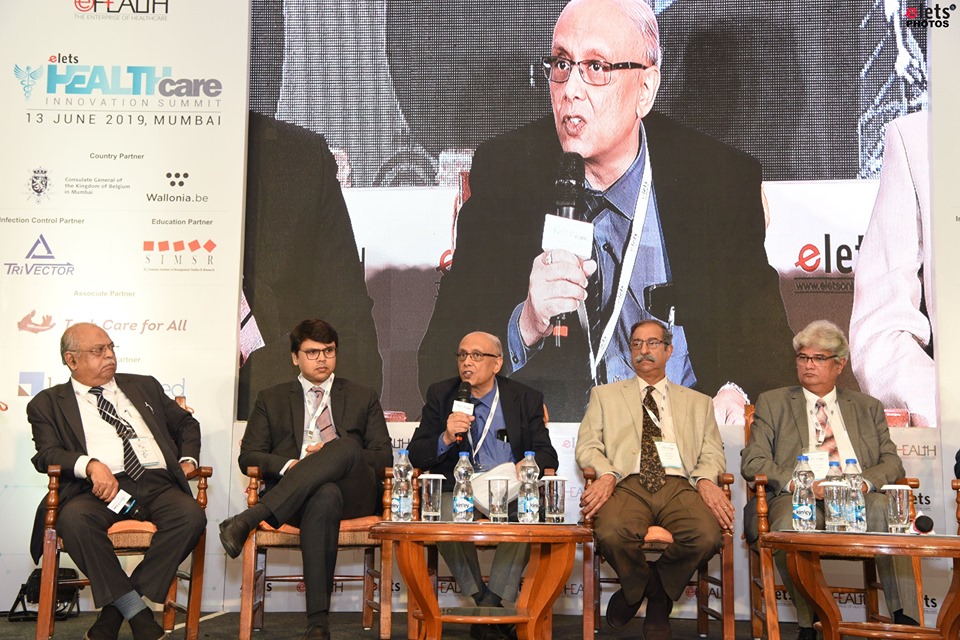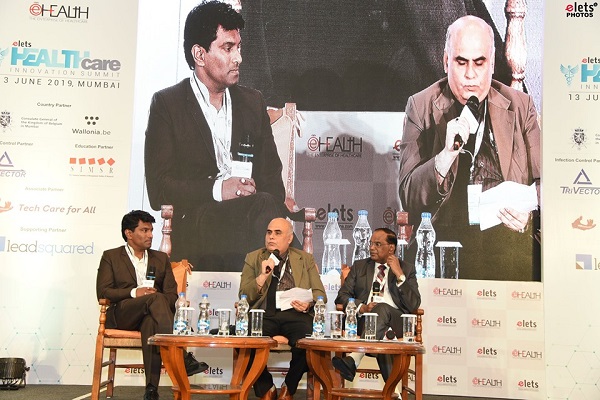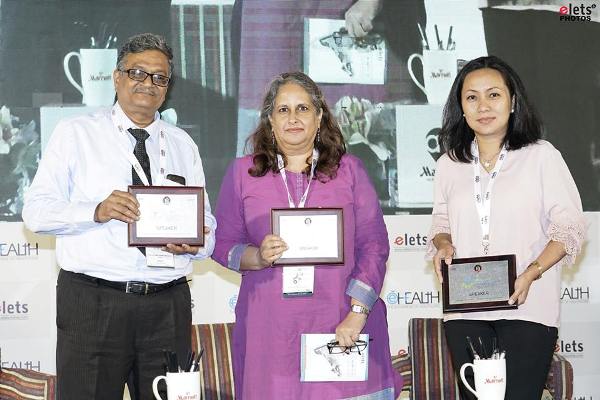
Talking about the role of public-private partnership and its future impact in the healthcare sector at the 3rd Innovation Healthcare Summit, Mumbai, Rani Desai, CEO, Anahat Foundation said, “We believe that there are a few things necessary to make healthcare more effective and sustainable. While public health systems must be strengthened at all levels, healthcare needs to be supplemented through private sector participation as well.”
When asked about Anahat Foundation, Desai further enlightened the panel by saying, “We work in slums and conduct primary healthcare outreach camps. We then work with the government to follow up with such cases. The government receives a lot of data regarding the health profiles in slums with the number of diseases we find in different slums. We have been working extensively with the Karnataka government and the municipal corporation.”

When asked about whether the government and the civil society can work hand in hand, Desai said, “For instance, it is a well known fact that tuberculosis is a huge problem in the country and we are all mandated to find the missing million cases. I think between the government and the civil society, we can work together with all our strengths and putting all the pieces together we will be able to sustain this. Our goal is to improving health indicators for the poorest communities of the country.”
Underlying the challenges that are still prevalent in the healthcare sector in India, Desai said, “The Government of India has introduced a lot of initiatives and programmes with PPP models.” Continuing further, she said, “I think the government has excellent number of programmes but the biggest challenge is the implementing them in bringing people to use these programmes.”

“More than 70 percent of poor people don’t access government programmes due to number of reasons including awareness or language barrier. Implementation part can be overcome with private partnership. We have certain strengths which can be leveraged to do away infrastructural gaps on many fronts, paving path to better care”, concluded Rani Desai.
Looking ahead, healthcare systems will be under ongoing pressure to increase quality and efficiency of care, and find new ways to use data, systems and distributed networks of providers focused more on wellness and disease prevention rather than on the acutely ill. Health systems will need to become more integrated, addressing care needs across the continuum, while utilizing technology to enhance delivery.
Be a part of Elets Collaborative Initiatives. Join Us for Upcoming Events and explore business opportunities. Like us on Facebook , connect with us on LinkedIn and follow us on Twitter , Instagram.


